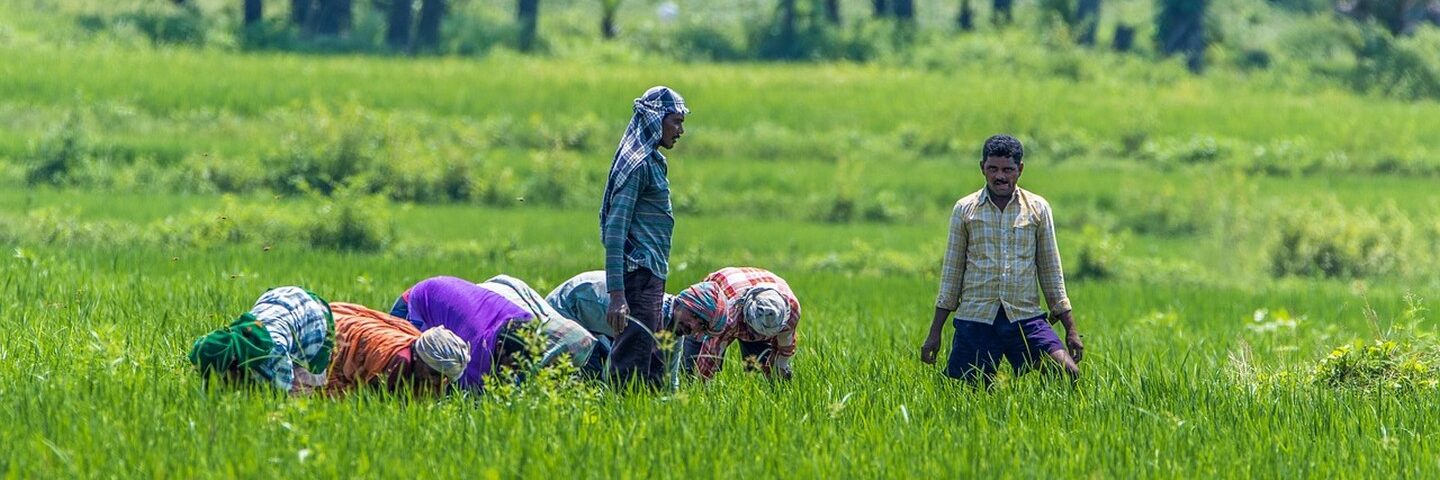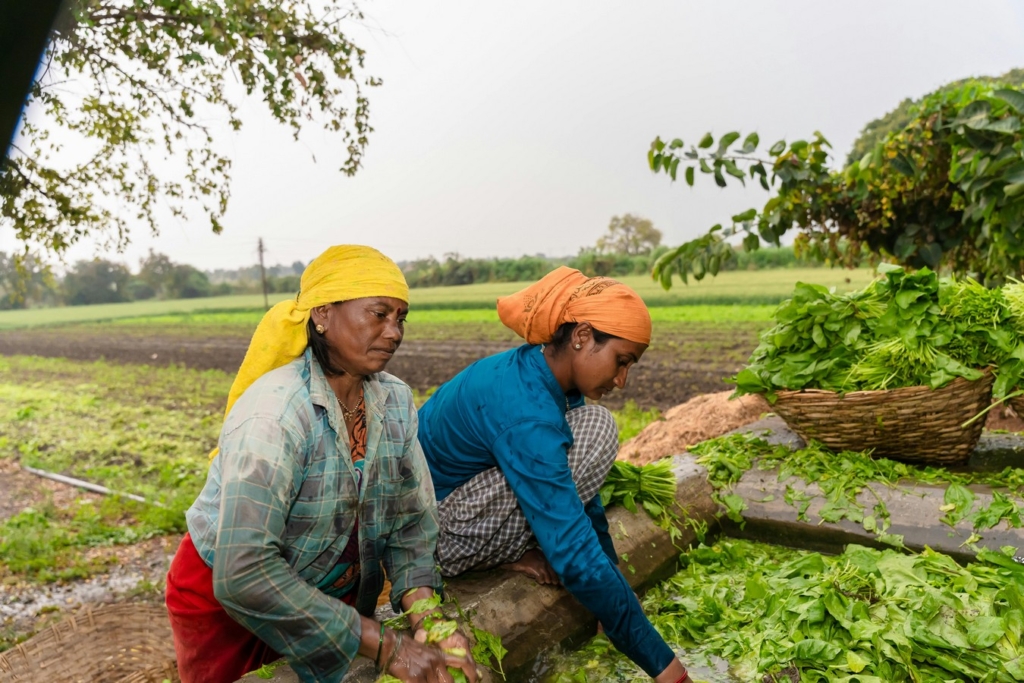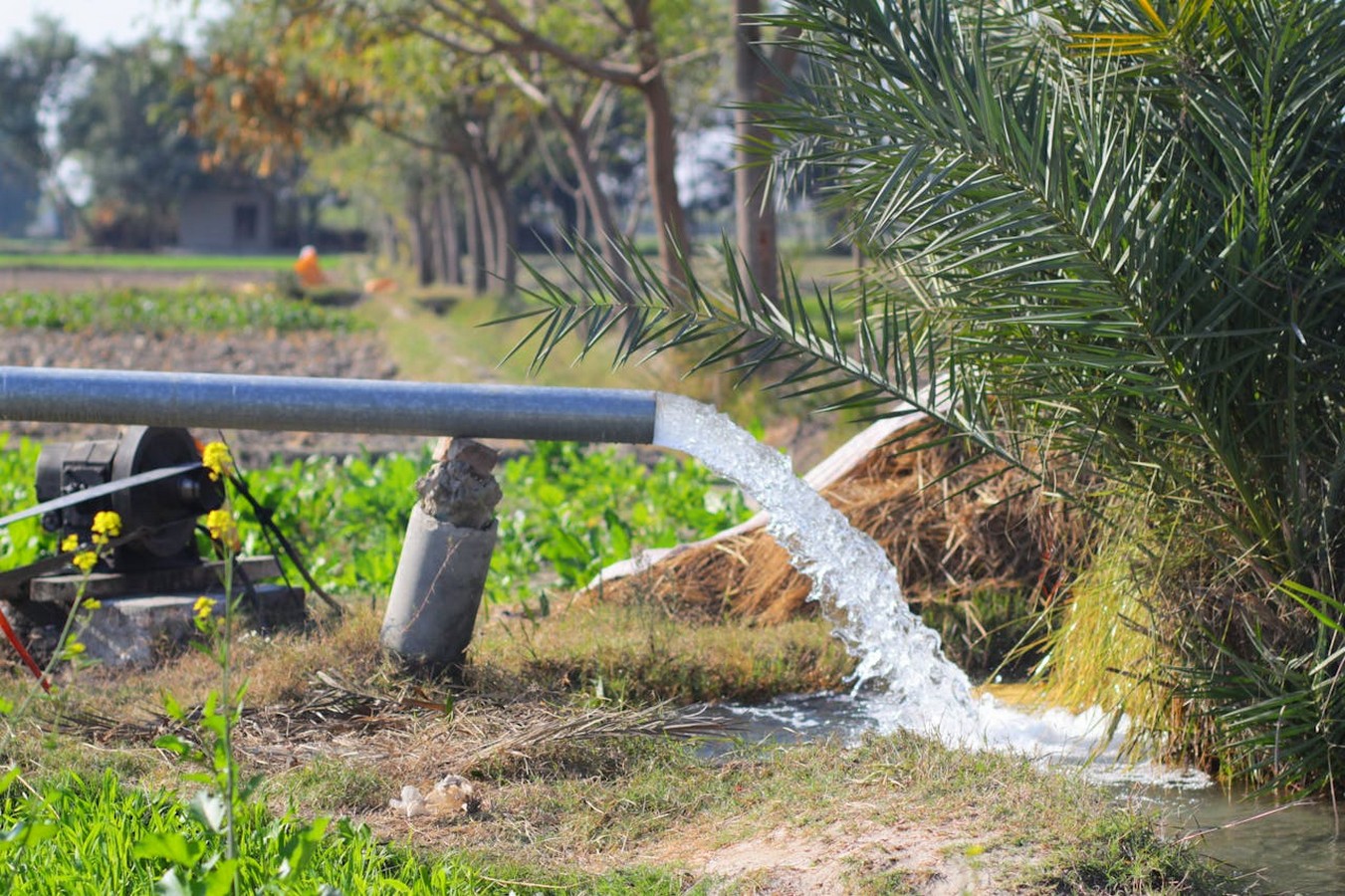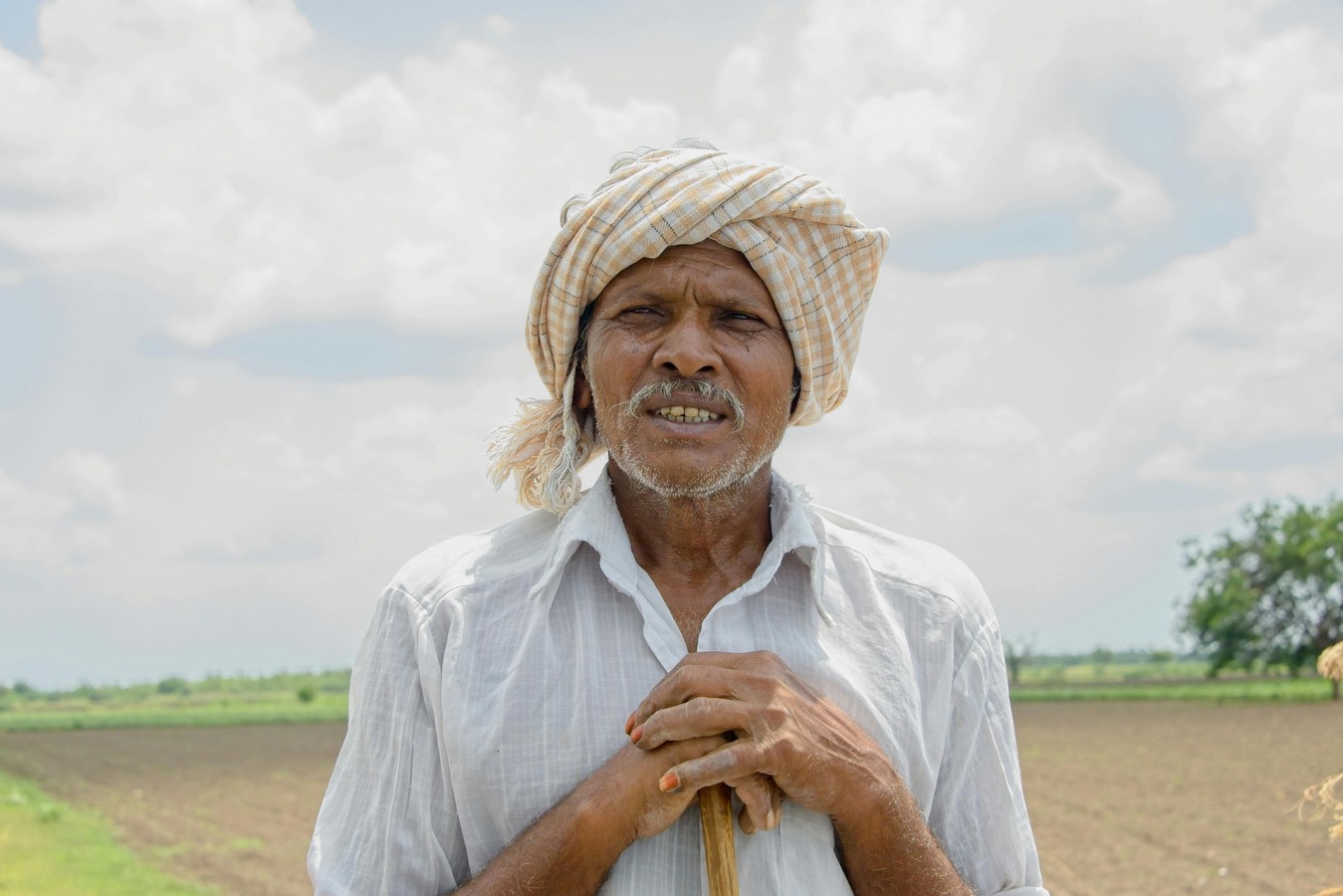Dhone Mandal, Nandyal district, India
In collaboration with

Marzo 2025 – Noviembre 2025
We foster a drought-resilient community through the restoration of water bodies and the promotion of ecological farming.
Objectives
- Restoring water resources for drought-affected farmers
- Developing sustainable agricultural practices
Beneficiaries
861 direct
60 children under 15 and 396 women.
The entire village population, including the farming community
250 indirect
40 children under 15 and 100 women.
Vendors, local material suppliers, transporters, and their families

On the ground
Recurrent droughts and limited access to groundwater affect agriculture. Impoverished farmers face high migration rates to cities.
Nandyal district, located in the Rayalaseema region of Andhra Pradesh, receives an average annual rainfall of 715 mm, concentrated primarily during the monsoon season. The area suffers from consecutive droughts, which severely impact rainfed agriculture and significantly decrease activity. Many farmers have shifted to irrigated farming, relying heavily on bore wells.
However, the water table in these bore wells has been continuously depleting due to insufficient annual rainfall, which averages around 635 mm in the village. Farmers are forced to drill wells to depths of 75 to 105 meters, although water is typically found, at best, from about 60 meters deep, with minimal availability.
Farmers’ debt has increased, negatively affecting their quality of life. This persistent water scarcity has led to a worrying rise in urban migration year after year, bringing with it the harsh reality of poverty. As farmers migrate to cities like Bangalore and Hyderabad in search of livelihoods, their families—particularly women, the elderly, and children—are left behind to bear the brunt of these challenging circumstances.
Although a high-level canal from the Tungabhadra Dam in Karnataka passes through the district, providing irrigation water in some areas, Ungarayanigundla still lacks essential water infrastructure for agriculture
In detail

This project focuses on restoring an old tank and renovating the check dam at Neemala Kunta Vanka, near Ungarayanigundla, to retain runoff water and recharge groundwater.
The planned activities include:
- Repairing the old tank
- Renovating the check dam
- Planting native species on the embankments
- Conducting follow-up and monitoring
- Providing post-project support
These activities involve removing rocks to recover land for cultivation, promoting horticulture, implementing general afforestation in the area, installing micro-irrigation systems, and developing dairy products to support the livelihoods of single women.
The Department of Ecology and Sustainable Livelihoods of the Vicente Ferrer Foundation, with a dedicated team of social technicians, supervises the project. Village-level implementation is led by a civil engineer, who the Sectoral Team monitors. The technical director, a senior civil engineer, provides technical expertise and guidance. A social technician is responsible for community mobilisation to ensure the participation of farming families and the Eco Development Committees (EDC). The EDCs serve as a leadership platform composed of men and women selected by the community, acting as liaisons between the population and the organisation.
Prospectives for Sustainability
Given the village’s geographical conditions, the proposed interventions are both practical and feasible. By improving groundwater availability, the project supports sustainable agriculture as the primary livelihood for farmers. Additionally, it helps reduce socioeconomic inequalities and curb urban migration by creating employment opportunities for agricultural workers. The resulting stable and sustainable income is the project’s key contribution to improving their quality of life.
Moreover, the project highlights the interdependent relationship between people and nature, promoting ecological balance and long-term sustainability.
The quality of the work and active community participation are essential to ensure the project’s long-term sustainability. We emphasise sourcing high-quality materials and employing skilled labour while encouraging community involvement to maintain transparency and quality throughout the process.
Members of the Eco Development Committee (EDC) are actively involved in every stage of the project, including inspections, material procurement, fee finalisation, and payments to suppliers. Upon completion, the project is formally handed over to the EDC in the presence of the local community, and an official certificate is accompanied. During the implementation phase, awareness programs are conducted to underscore the importance of maintaining the structures to ensure their long-term functionality.



